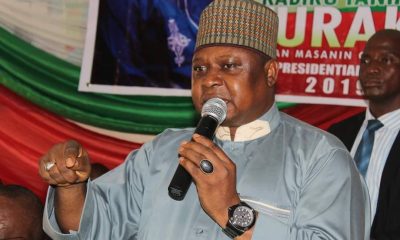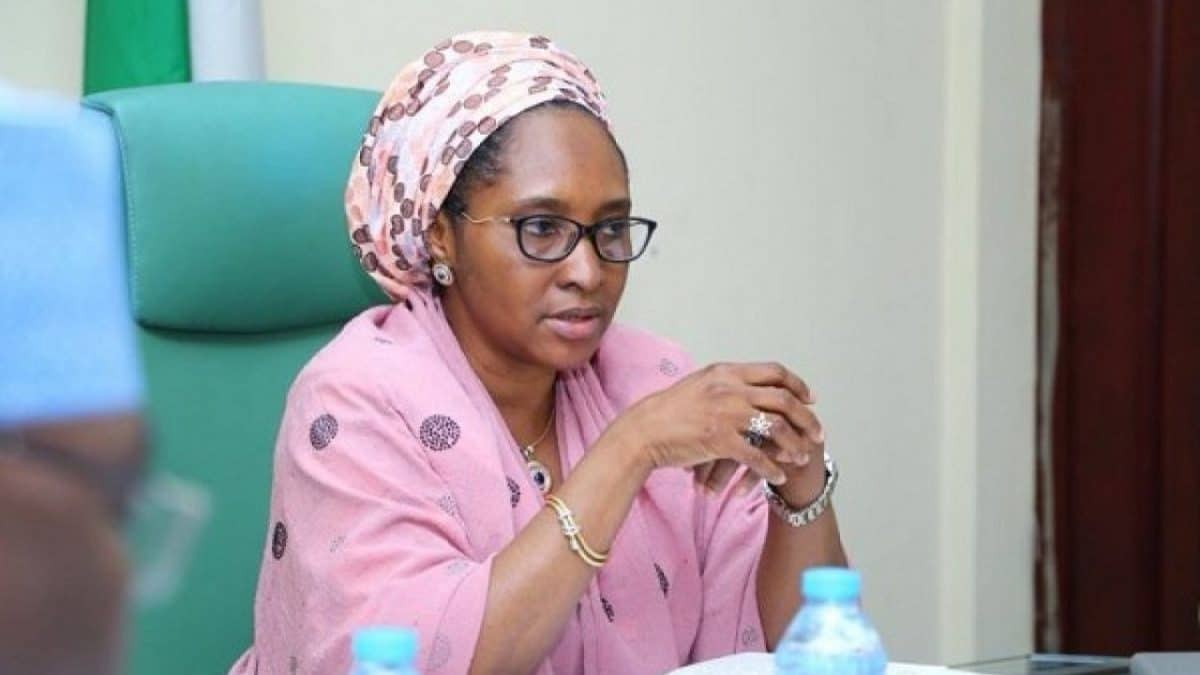The federal government as at April, 2022 has borrowed about N19.01 trillion from the Central Bank of Nigeria to finance the country’s budget deficit of N30.58 trillion in the last seven years.
Recall that the Nigerian government has been running a fiscal deficit for at least ten years (from 2012 to 2021), however, the latest 2021 deficit is 22 per cent higher than the N5.98 trillion deficit recorded in 2020.
From a 2022 perspective, a number of factors suggest the FG’s expenditure is likely to outpace its revenue at a record pace again.
The Nigerian government spent $2.1 billion on foreign debt servicing in 2021, significantly higher than the $1.6 billion and $1.3 billion incurred in 2020 and 2021.
It was gathered that the federal government budget deficits were largely financed from the Ways and Means from the CBN, which grew to N19.01 trillion in April 2022 from N648.26 billion as of June 2015.
This is aside from the domestic debt market and International Capital Market, bilateral and multilateral agencies, basically to plug the budget deficit in the period under review.
The deficits were incurred from the third quarter of 2015 and the first four months of 2022 as the budget expenditure of the government hit N54.98 trillion within the seven years period.
READ ALSO: FG targets N136.3 billion revenue from Electronic Money Transfers in 2023
An analysis of the reports on the Budget Office of Nigeria’s website revealed that President Muhammadu Buhari’s administration had spent at least N54.98tn on budget implementation since its inception but has only financed this spending with N24.39tn, leaving a deficit of N30.58tn.
A breakdown of some of the expenses revealed that the present administration had spent at least N23.66tn on personnel costs, pensions, overhead costs, presidential amnesty programme, other service-wide votes, and special interventions.
A minimum of N14.13tn has been spent servicing domestic and foreign debts, and at least N10.47tn has been spent on capital expenditure.
It would be recall that in July, Nigeria’s Minister of Finance, Budget and National Planning, Mrs. Zainab Ahmed sounded the alarm bells as she revealed that the country’s debt service cost in the first quarter (Q1) 2022 was N1.94 trillion, N310 billion higher than the actual revenue received during the period.
READ ALSO: FG to finance 2022 budget deficit with new borrowing
It also emerged that the federal government spent more to service debt in the first quarter (Q1) of 2022, than the actual revenue it earned during the same period.
Reacting, an economic expert and seasoned academic at the Pan-Atlantic University, Lagos Professor Olalekan Aworinde, said Nigeria can’t raise enough domestic resources to finance spending, hence the deficit.
“One way of solving that is to raise more domestic revenue or cut down on expenditure that is not needed, especially the cost of governance. There is a need to check the expenditure profile and cut down on it. Or we could do expenditure switching, where unimportant items are switched with important items,” he added.

 Health1 week ago
Health1 week ago
 Latest1 day ago
Latest1 day ago
 Trends2 days ago
Trends2 days ago
 Crime1 week ago
Crime1 week ago
 Energy6 days ago
Energy6 days ago
 Latest1 week ago
Latest1 week ago
 Aviation1 week ago
Aviation1 week ago
 Education6 days ago
Education6 days ago

